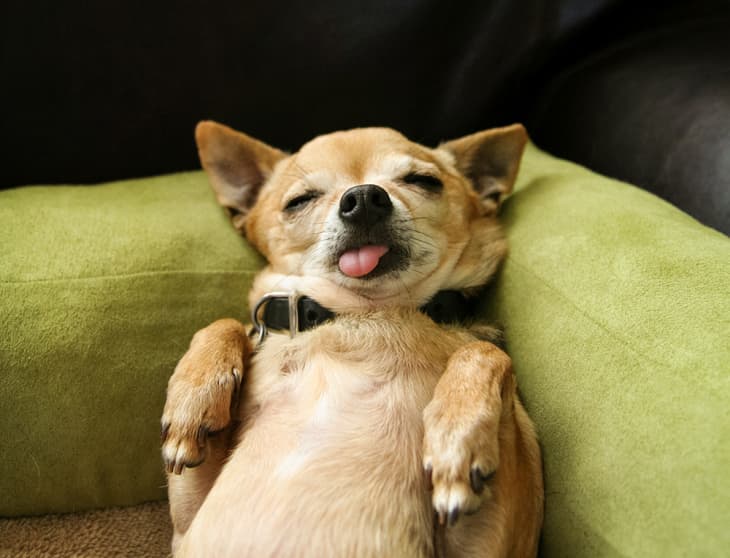Here’s How to Have the Perfect Nap, According to Science

Anyone who’s ever napped knows that some naps are better than others. There’s a lot of advice floating around out there about how to optimize your napping, but only some of this advice is actually verified by science. Here’s what the pros say about how to have the best possible nap.
First up: how long should the perfect nap be? You have two choices, depending on how much time is on your hands. Research has found that naps of 10 – 20 minutes produce improvements in energy levels and cognitive function: 30-minute naps have the same effect, but can also result in a period of grogginess or “sleep inertia” afterwards. In order avoid the dreaded sleep hangover, experts recommend that, if you’re going to set the clock for longer than 20 minutes, you nap for an hour and a half. This way, you’ll complete a full REM cycle and won’t feel groggy afterwards.
When is the perfect time of day for a nap? According to experts, morning naps are more likely to contain REM sleep (or dream sleep), which can be emotionally calming, and afternoon naps are more likely to contain “slow wave sleep”, which has restorative and memory-boosting effects. The idea is that you should time your nap depending on which benefits you’re looking for. But there’s a wrinkle! According to Dr. Sara Mednick, a sleep researcher and the author of a book about napping, the perfect nap would contain an equal balance of both kinds of sleep. She’s created an interactive tool to help you determine the perfect time to nap, based on when you wake up in the morning.
And then there’s the coffee nap, the thing where you down a cup of coffee and then snooze for twenty minutes. When you awake, the idea is, the caffeine will hit your system at just the same time the drowsiness leaves it, giving you nearly superhuman energy. The effectiveness of this has been confirmed by science — researchers in England, studying the effects of various wake-up strategies on sleepy drivers, found that caffeine plus a nap was far more effective than either remedy on its own.
So now all you have to do is convince your boss that it’s a good idea to let you take a nap. Good luck.